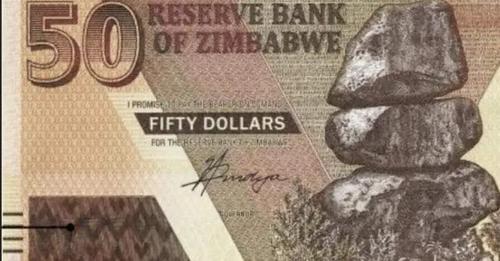THE ZW$ significantly recovered for the second time in a week, gaining 10,2% on the Reserve Bank of Zimbabwe (RBZ) Wholesale Foreign Exchange Auction on the back of reduced access to the local currency.
Last month, the ZW$ lost much of its value, in a development which prompted the Treasury to respond by instituting a raft of measures aimed at improving the usage of the local currency by allowing the taxman to accept the ZW$.
Among other measures, a commitment to fund 25% export surrender requirement, maintaining US$ cash withdrawal tax at 2%, adoption of all external loans by RBZ and increasing consumers’ access to basic commodities – by lifting import restrictions on basic goods.
The above measures, combined with other existing instruments to curtail money supply growth have created wider usage of the ZW$, thereby increasing its demand as opposed to just channelling it to the alternative market as had become the norm in the past.
A trading update released at the close of the Wholesale Auction- a platform where banks buy US$ for onward selling to their clients, showed that the floor price went down to US$1: ZW$5 739 from the premium of ZW$6 326 set by the ordinary Auction this week, signifying a significant gain of 10,2 %.
Out of the US$20 million available for uptake, banks only managed to snap up US$3,95 million . The highest bidding rate reached US$:ZW$ 6 000 and a low of US$1:ZW$5 236.
Economist Persistence Gwanyanya who also sits in the RBZ Monetary Policy Committee (MPC) said the second auction came upon realization that banks had failed to exhaust foreign currency offered on the wholesale auction system earlier this week.
“But again banks couldn’t exhaust the foreign currency on the second offer. Now, this gets me a bit worried about the risk of over tightening .
“However, l get comfort from increased enquiries for voluntary liquidations by large, well established entities who are now under pressure to raise ZW$ pay taxes, duties and wages. Worryingly, it seems financial intermediation/market making is still poor on account of banks. Treasurers are advised to up the game,” he said.
Source NewZimbabwe












